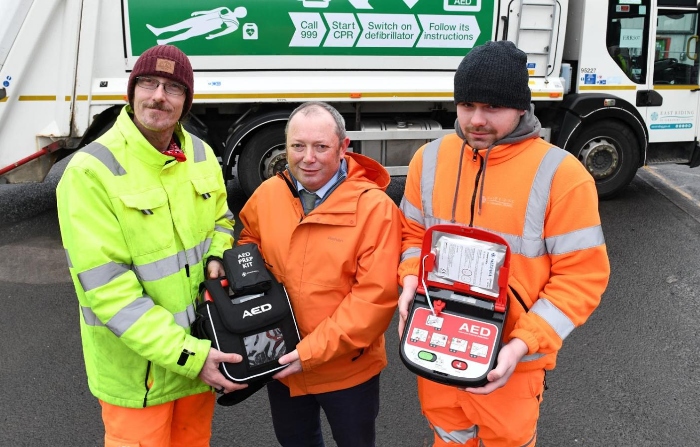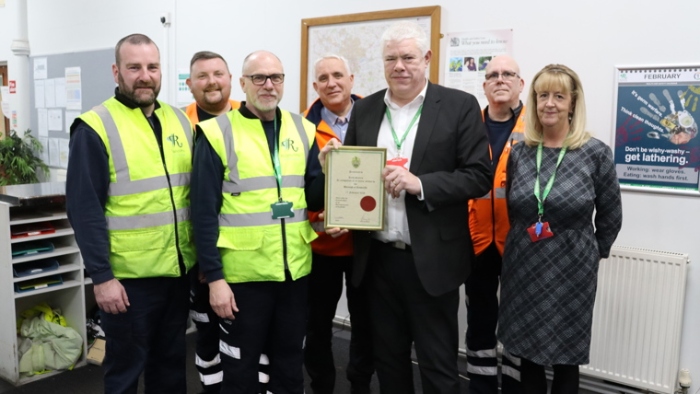Published today by the campaign group UK100, the report says that many councils are still waiting for the Government to provide the resources and powers needed to reduce carbon emissions.
It says local authorities face ‘counterintuitive’ planning rules on housing and onshore wind, and business case rules that prioritise increased traffic flows over air quality and decarbonisation.
The study calls for a new Net Zero Local Powers Bill and Net Zero Delivery Framework, overseen by a Net Zero Delivery Unit.
UK100 argues this new bill would unlock £137bn in savings on investments needed to reach net zero. According to the network’s calculations, a top-down national approach to achieving net zero requires £195bn of investment whereas a local-first approach needs £58bn.
Net zero tsar Chris Skidmore MP, the former energy minister who signed net zero into law, welcomed the ‘comprehensive’ report, stating that it ‘outlines a situation where the local powers to achieve net zero are theoretical rather than actual.’
Mr Skidmore's endorsement comes as he announces UK100's appointment to his newly established Local Mission Zero Network, co-chaired with Tees Valley Mayor Ben Houchen.
Commenting on the recommendations, Christopher Hammond, membership & insights director at UK100 and former leader of Southampton Council, emphasises the importance of local action in achieving net zero.
‘Local-led action is the fastest, most cost-effective route to net zero. Councils can influence over 82% of the UK’s greenhouse gas emissions and have direct relationships with the communities, residents, and businesses who will be affected by the transition.’
This article was originally published by LocalGov.co.uk.

















Leave a Reply